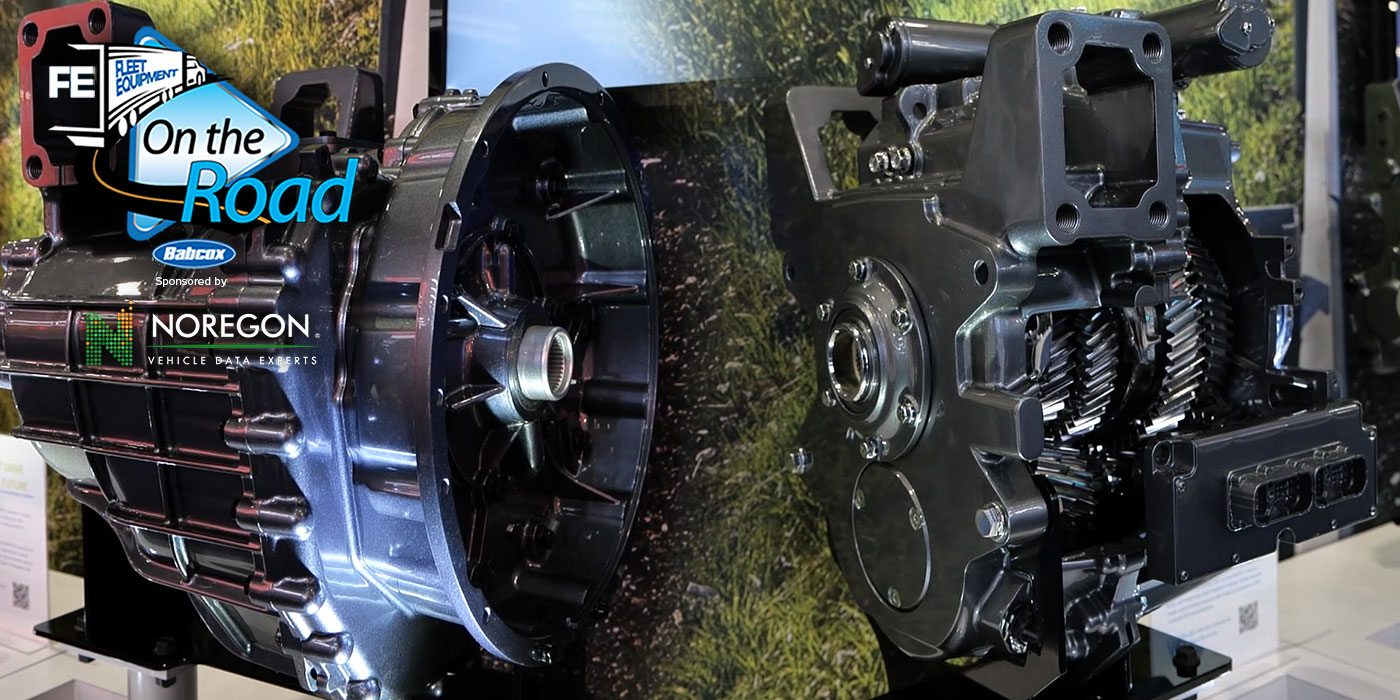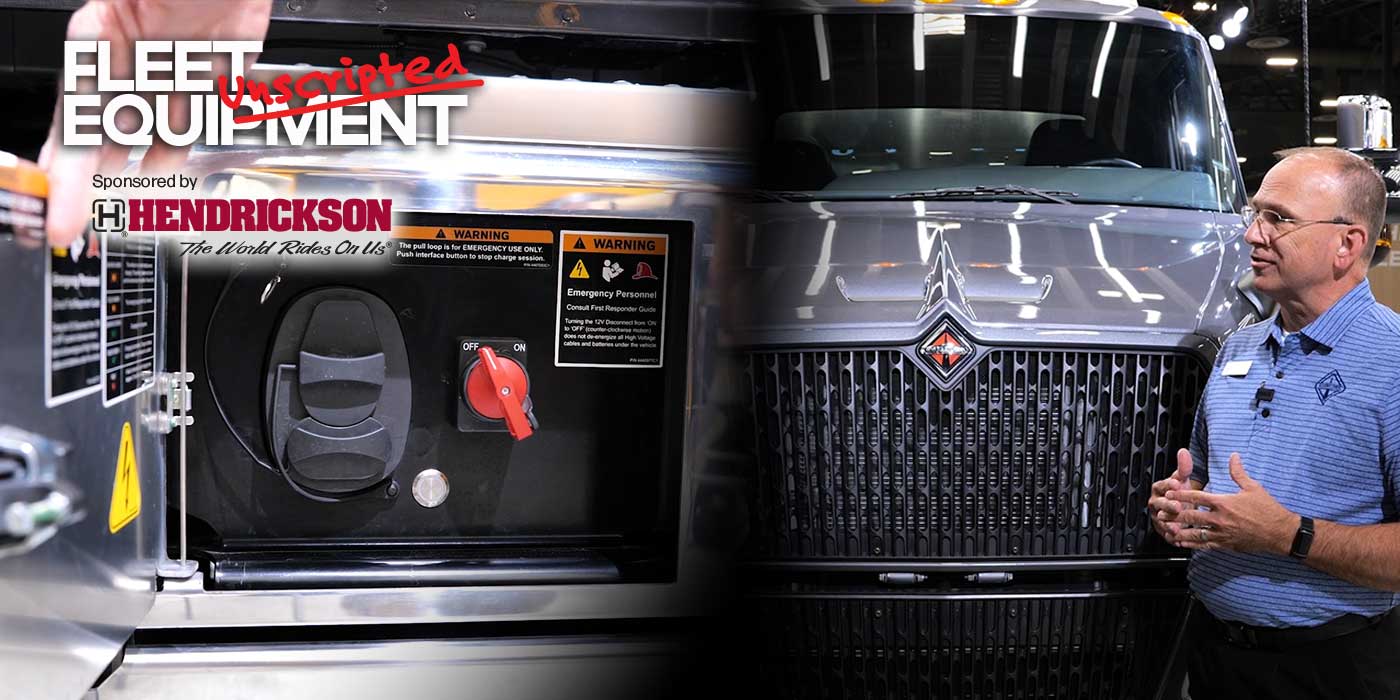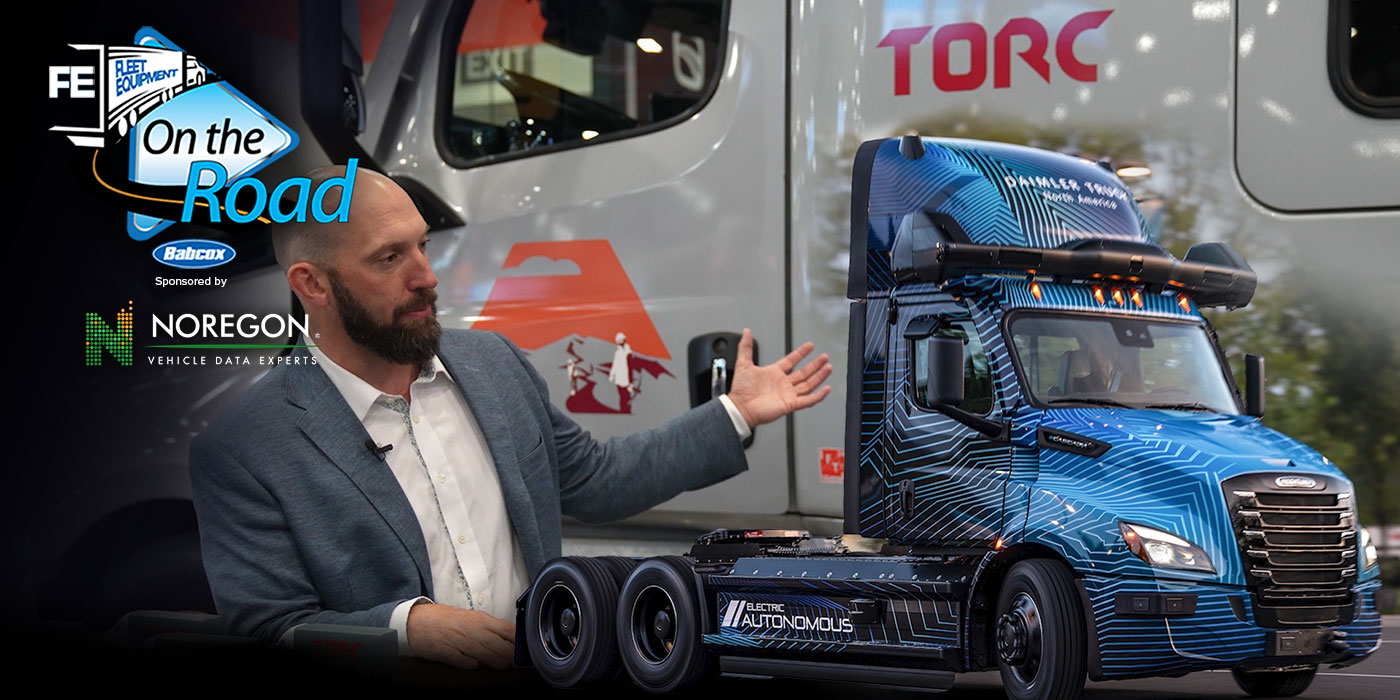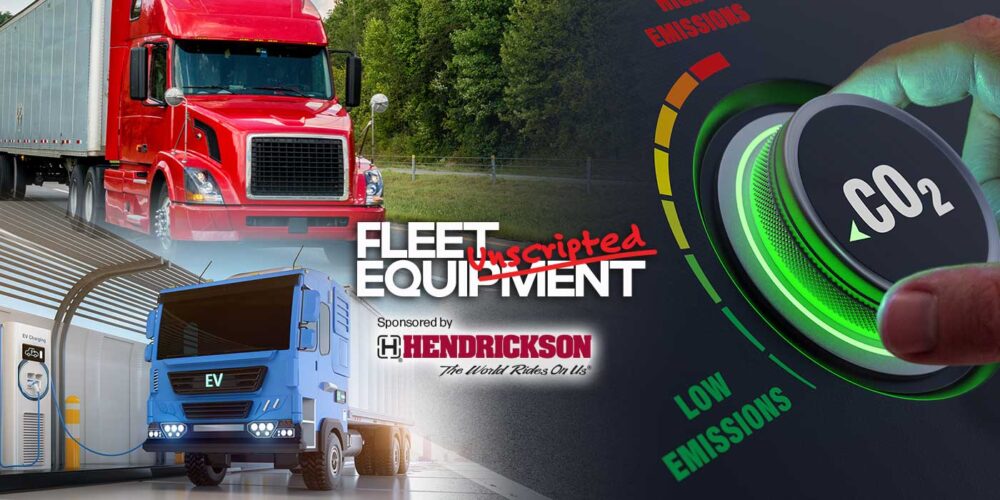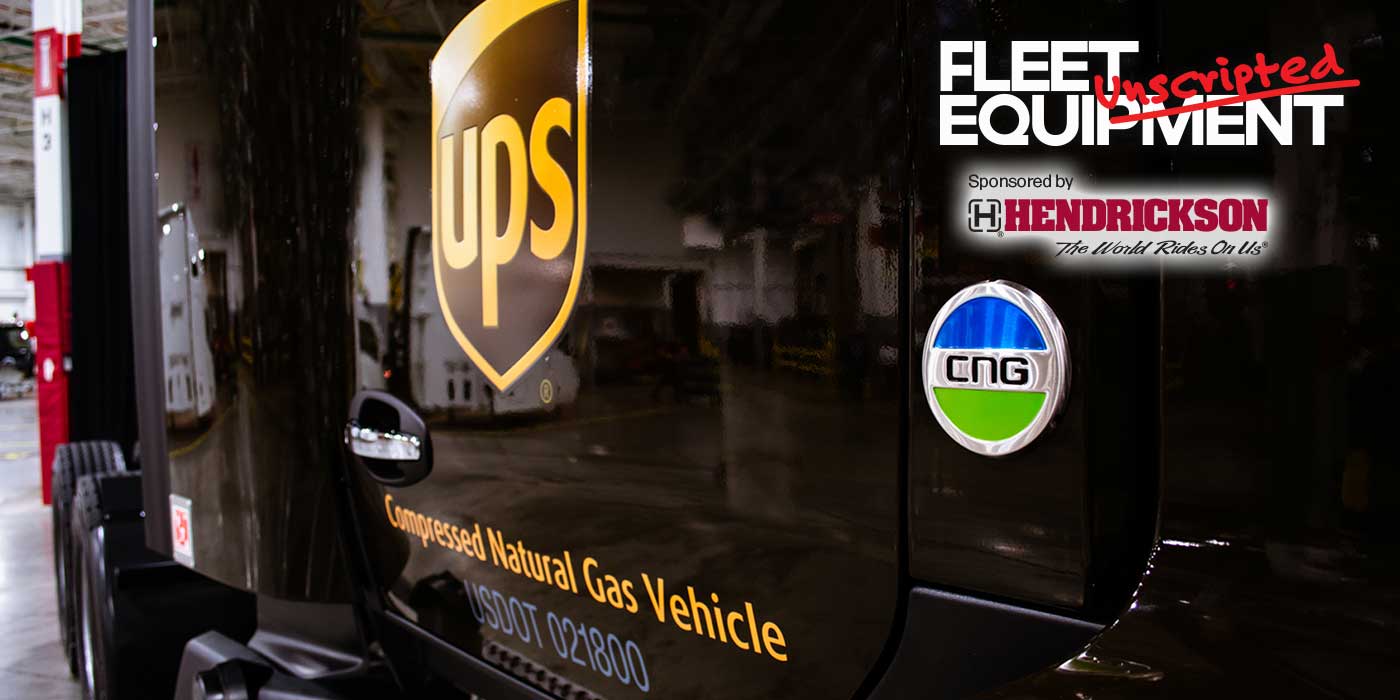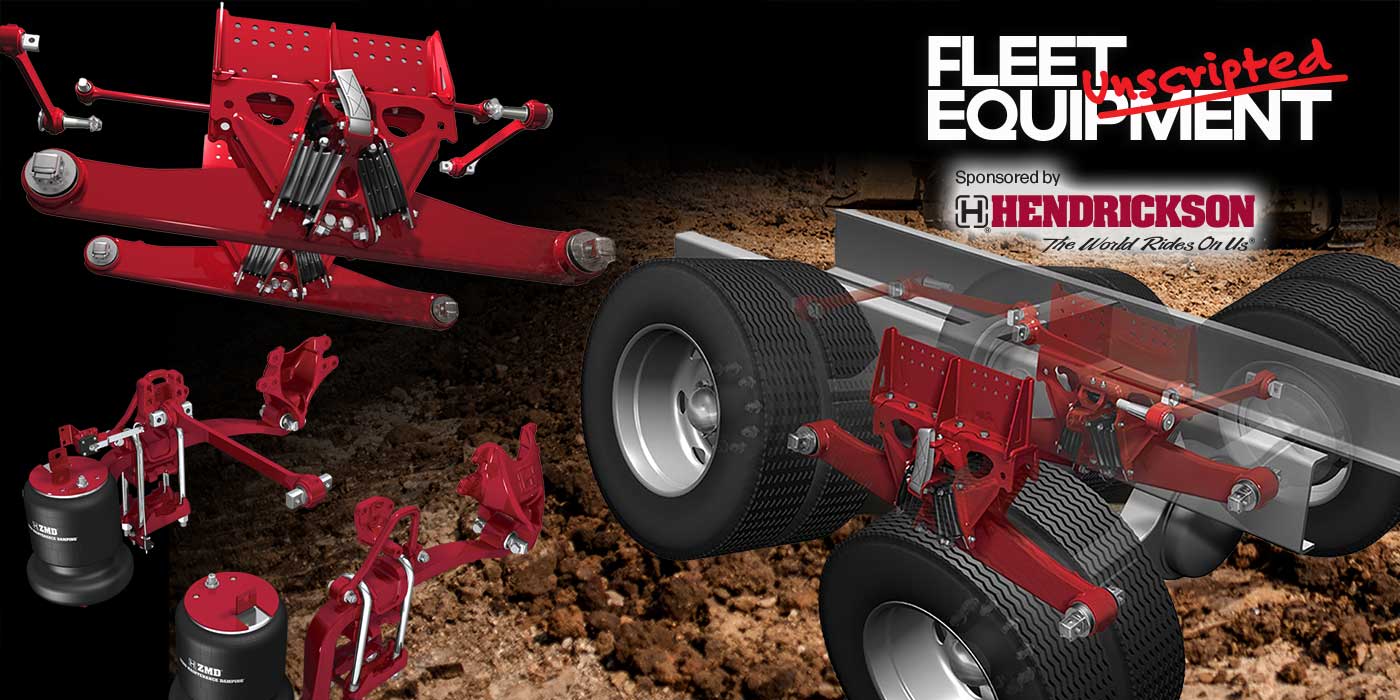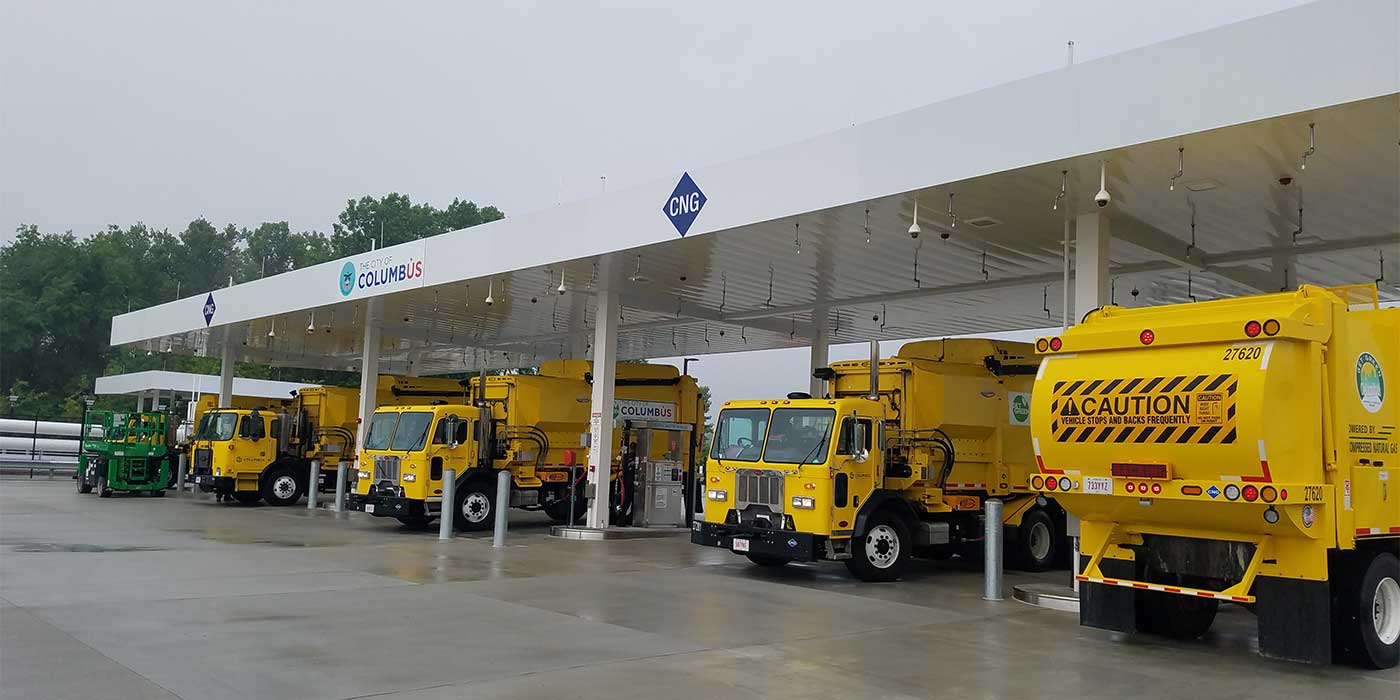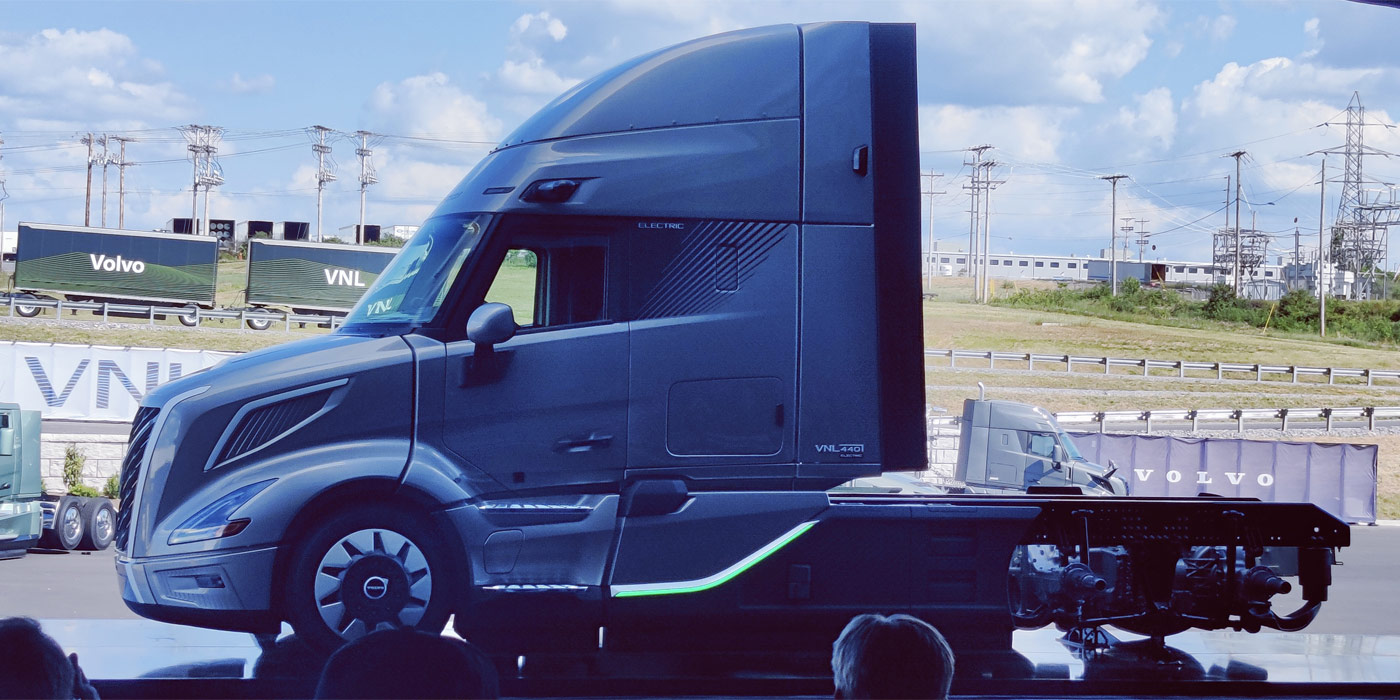Fleet managers who have been at truck service for a while could have probably predicted the biggest truck service shifts that Decisiv’s Director of Data Services Nick Pittinger noted as he talked through VMRS, service-level truck service data from the fourth quarter of 2023. So, test your hypothesis to see if your hunch was correct:
Pittinger highlighted a significant 40.2% decline in air conditioning, heating, and ventilating system services in Q4 as colder weather reduced the need for these repairs. Conversely, cooling system services for the trucks themselves saw a 16% rise in Q4, suggesting increased attention to preventing overheating issues in colder conditions.
A round of applause for those who nailed and it and a moment to take a note for those guesses that might have missed the mark. What you might not have anticipated, however, is that in Q4 2023, service transaction volumes rose by 2.6%, a marked increase compared to the 1.3% rise in Q3. Year over year, this represents a 13.1% growth, indicating a robust uptick in service activities. Pittinger noted that this surge is not just a reflection of the expanding ecosystem but a clear sign that fleet managers are prioritizing maintenance to keep their trucks road ready.
“The number of service transactions continues to rise. We believe the bulk increase represents significant growth in just service activity in general, with people getting their trucks in for service to avoid major problems,” Pittinger stated.
Interestingly, the top five service activities remained consistent between 2022 and 2023. These activities include power plant repairs, exhaust system maintenance, cabin and sheet metal work, brake servicing, and cooling system repairs. Power plant-related services accounted for about 20% of the operations in Q4, while exhaust and cabin sheet metal services each made up 11%, brakes 7%, and cooling systems 6%.
Cabin and sheet metal repairs, particularly in newer trucks, remain a focal point. Despite advancements in truck safety systems, these repairs are the most common service activity for trucks aged zero to three years. Pittinger attributes this to owners’ diligence in maintaining newer trucks’ aesthetics and functionality, often under warranty. As trucks age, the focus shifts more towards critical systems like engines and brakes.
Other notable trends include fluctuations in automated manual transmission services, charging systems, and fuel systems. Charging systems, in particular, showed varied patterns with a 30% increase followed by a 14% decrease, then a 19% rise, and finally a 12% drop over the past year. These variations suggest potential seasonal influences and preparation routines that merit closer monitoring.
And those are just a few of the biggest truck service trends we gleaned in our latest exclusive look Decisiv truck service data. Watch the video above for more truck service takes on fuel system service, fluctuations in charging systems, and changes in truck service center best practices.
Even more truck service trends
Catch up on all of the Decisiv conversations.

No script? No plan? No problem. Welcome to Fleet Equipment Unscripted—the video interview series that connects you with the greatest minds in the heavy-duty trucking world. Fleet Equipment Unscripted is sponsored by Hendrickson.

